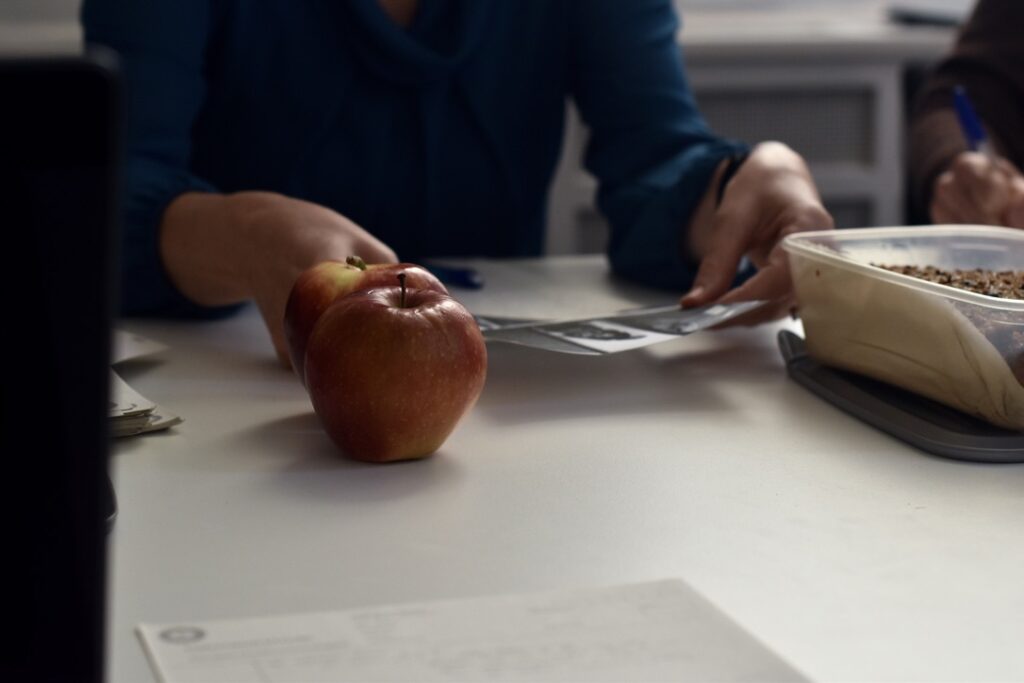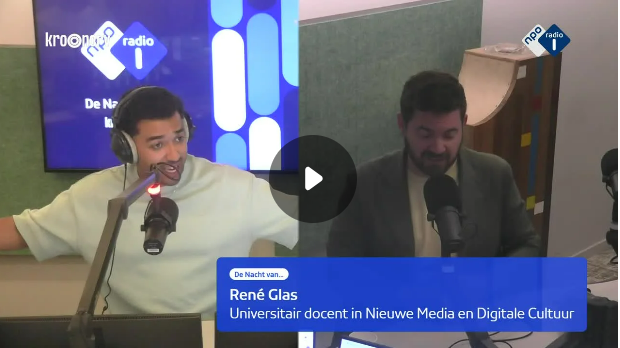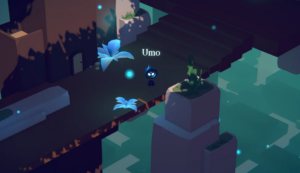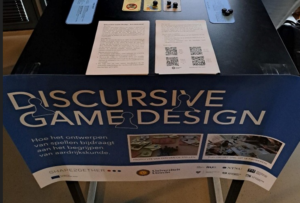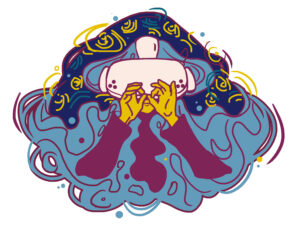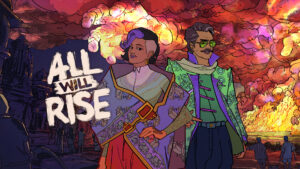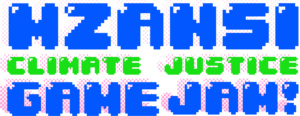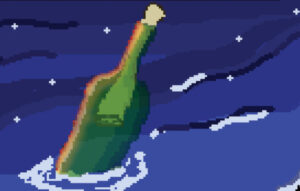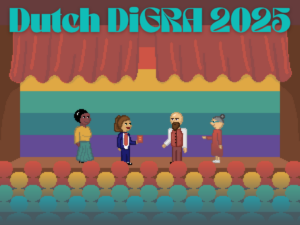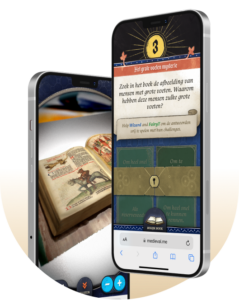Fostering an Open Mind – First Test of WP2
On June 7th 2024, the Fostering an open mind and open attitude in higher education using games and art-based educational activities (Open Mind) project ran an initial play test of the first two components of Work Packet 2 (WP2), a toolbox to aid students in building games that deal with often complex and polarizing topics in an approachable manner.

